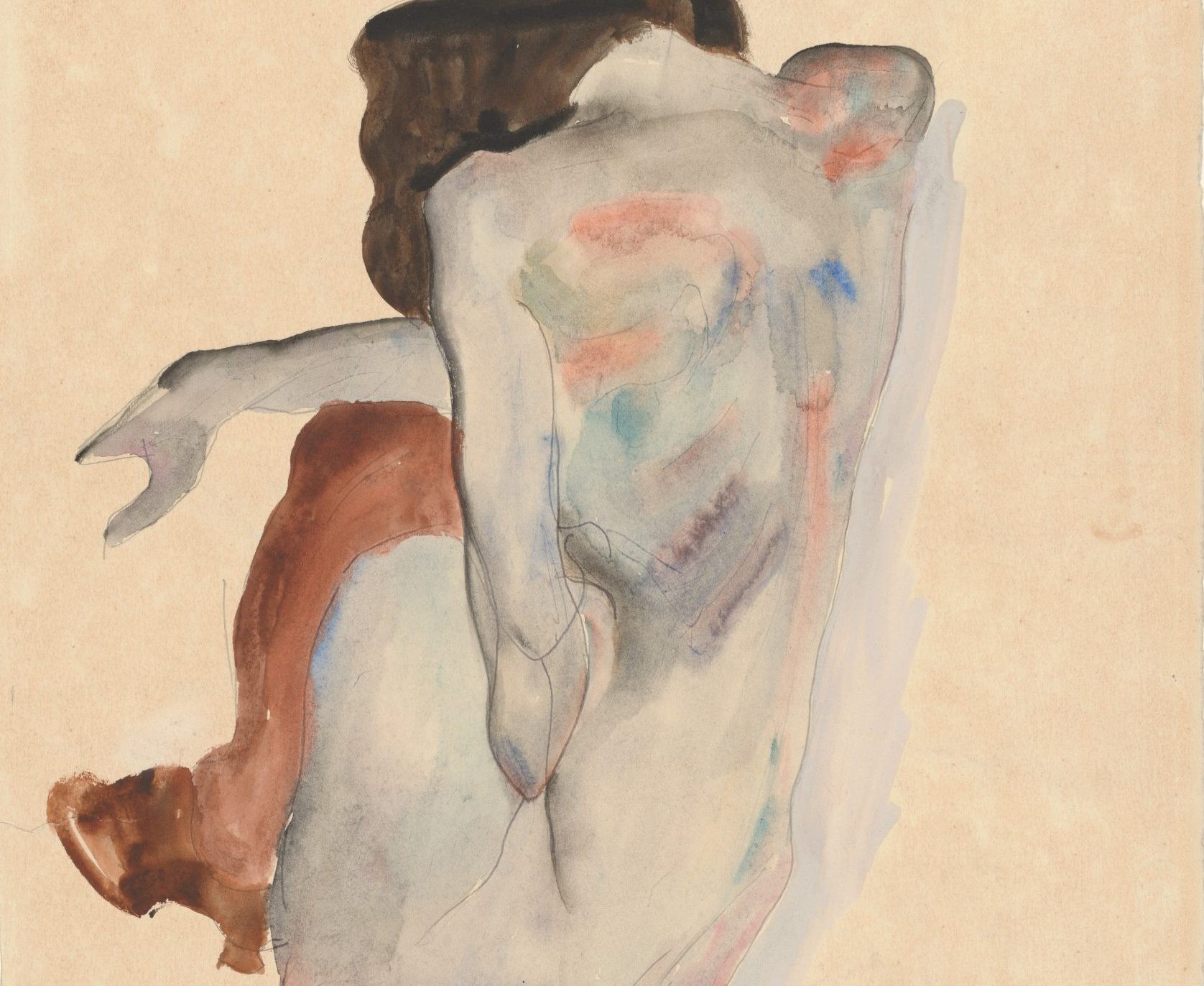Cyrée Jarelle Johnson and Jesse Rice-Evans are poets whose artistic and activist work has become central to disability justice and community building in the arts. Cyrée is a cofounder of the Deaf Poets Society, a literary journal that publishes work by d/Deaf and disabled writers and artists, and of the Harriet Tubman Collective for Black, Deaf, and disabled organizers. His first poetry collection, Slingshot, was released by Nightboat Books, in September 2019. Jesse’s debut full-length poetry collection, The Uninhabitable, was published by Sibling Rivalry Press, in March 2019. She is a doctoral candidate in rhetoric at the CUNY Graduate Center, where her research and pedagogy focus on disability and digital culture.
When I met Cyrée and Jesse in a coffee shop early last summer, it wasn’t the first time we had all been in a room together. Our paths as disabled writers had converged not long before, at Performance Space New York, though we didn’t all know each other at the time. As participants and/or audience members at “I Wanna Be with You Everywhere,” a series of performances and readings by and for disabled artists, we were all thrilled and comforted by the event’s too-rare commitment to welcoming, centering, and celebrating a variety of bodily needs, rather than simply accommodating them.
Watching Cyrée read from his debut poetry collection, with Jesse’s new book still fresh in my mind, I recognized an affinity between these poets. While they both are frequently outspoken about disability justice in the public sphere, their poetry resists not only the standard narratives expected of “disability literature”—such as becoming cured and overcoming limitations—but also the expectation that disability must be narrated at all. When I sat down with the two of them some weeks later, we spoke about the pressures disabled artists face to disclose their personal stories, the contradictory demands of “accessibility” in poetry, and how the literary world can build more accessible communities without requiring vast financial resources.
Rest of article: Public Books

